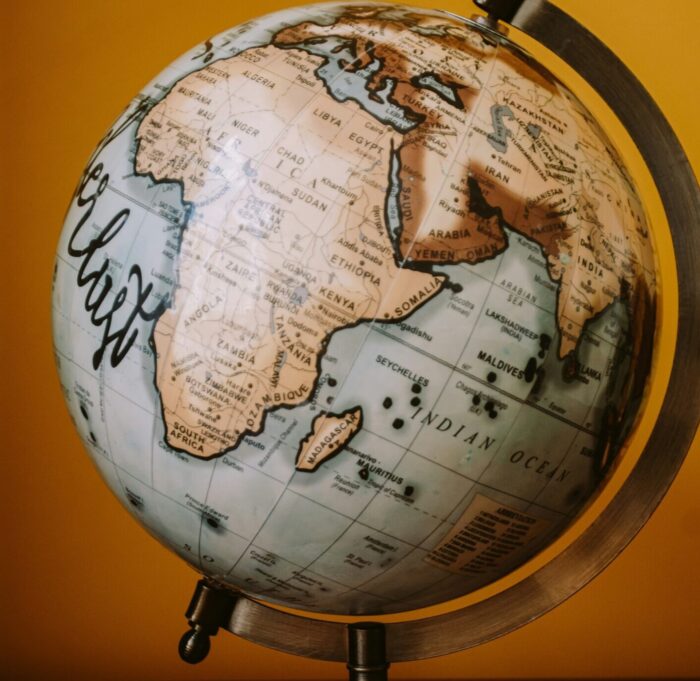
By Kenzie Love
Much has been written in recent years about the rise of precarious employment and the decline of permanent, salaried 9-to-5 positions. Although this is indeed a serious issue, lamenting the decline of these jobs is only part of the story, since as Ronaldo Munck observes, it centres the experience of workers in the Global North. “We need to start,” Munck argues, “from the experiences of the Global South, where no such standard employment contracts or labour rights have ever prevailed.”
Precarious employment in the Global South, which often takes the form of work within the “informal economy” is thus an obstacle to achieving the UN Sustainable Development Goals, among them decent work. The solution, however, isn’t just to look to the Global North for a different model, since as Munck argues, “the mass trade unions and welfare states of social democratic Europe clearly cannot be replicated in China, India or Brazil.” The answer may lie instead in honouring the co-operative ethos that’s already ingrained in many of these cultures.
As the World Economic Forum notes, “Across sub-Saharan Africa, South Asia, and much of Latin America, informal work remains the dominant form of employment. In some regions, it represents over 80 percent of total labour – domestic workers, street vendors, market traders, masons, etc – whose jobs may be un-contracted but are critically important to the economy.”
Despite — or perhaps because of — their central role within the economies of these regions, precarious workers were hit especially hard by the Covid-19 pandemic. Thus, as Damian Grimshaw observes, “the aggravated precarious status of the estimated 2 billion people around the world in informal work has been a key factor, if not the key factor, in reversing the past progress on global poverty, global hunger and global health goals.”
Moreover, while the pandemic may have hit such workers particularly hard, this shouldn’t be understood as a one-off event, since as Grimshaw further observes, precarious workers “are not recognized or sufficiently protected under the relevant legal and regulatory frameworks and are therefore more vulnerable to external shocks and economic cycles than formal employment.” Therefore, another pandemic or recession risks worsening the conditions of these workers.
On a more hopeful note, Satyavrat Krishnakumar and Amay Korjan observe that workers in the Global South “have continued to seek alternative forms of collective self-organization to challenge and mitigate against the brutal logic of the market,” pointing to models such as platform co-operatives as one tool these workers have used. But the authors note
that “while these developments are positive, it is crucial to take stock of both the internal limitations and external obstacles that worker-led initiatives confront, particularly in a Global South context rife with informality, uneven development, ineffective regulation, the domineering presence of transnational platforms, and inadequate labor-rights frameworks.”
Alberto Santana, vice-president of StreetNet, a global network of informal traders, argues in the organization’s latest report that worker co-ops are “a tool for liberation” for informal workers, and there are indeed inspiring examples of the use of this tool in countries such as India and Nigeria. As the WIEGO blog observes, the case study of the Federation of Informal Workers’ Organizations of Nigeria (FIWON) cooperative’s members banding together to provide social insurance to their members “could be useful to others in contexts where public trust has been significantly eroded and government investment in social protection is low.”
The example is indeed instructive, not just for workers in the Global South but also those in the Global North for whom such government investment can no longer be taken for granted. Workers in the informal economy of the Global South have always operated in a system where “collaboration is the currency.” It is a lesson workers around the world would benefit from.